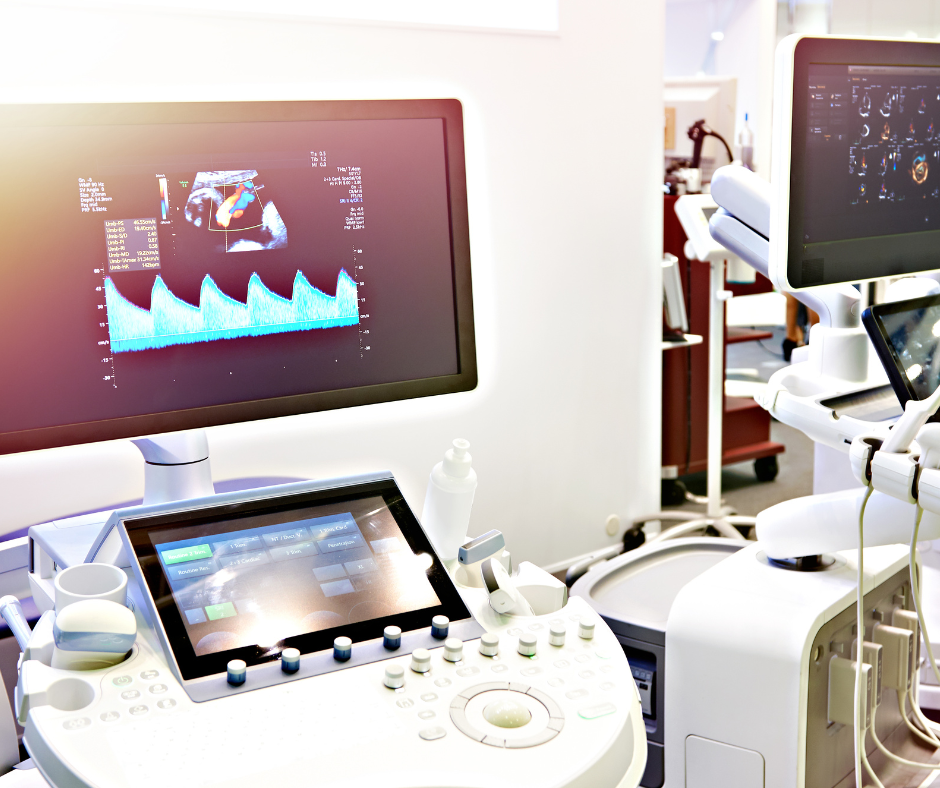The FDA divides Life science products up into different categories with their associated centers. These centers, for medical products, are Drugs, Devices, and Biologics. If a product applies to more than one of these centers, it is sent to the office of combination products which serves as the focal point for medical product classification and assignment issues.
Specifically for Medical Devices, they are split into three different classes based on their risk to patients:
- Class 1: Low risk. These products pose low risk to patients safety and usually have general controls associated with them. Examples of these products include band-aids and tongue depressors.
- Class 2: Moderate risk. These products pose a moderate risk to patients safety and usually require premarket notification (510K). These are generally called “cleared products” or Predicate device. Examples of products in this class include sutures, bone cement, and some diagnostic equipment.
- Class 3: High Risk. These products pose a high risk to patients safety and require pre-market approval before use. These are also referred to as “approved products”. Examples of these include heart valves, cartilage implants, and bone grafts.
Different pathways to bring medical devices to the market include the 510K program and the De Novo program. The most common path used is the 510K pathway which involves demonstrating that a new device is substantially equivalent to a device already on the market or “predicate device”. Another pathway commonly used for low to moderate risk devices that don’t have a predicate to get to market is the de novo pathway. In order for this pathway to be effective, the benefits must be proven to outweigh the risks and it must be proven that the risks can be mitigated.
If you need support with bringing a medical device to market in a way that is compliant with FDA regulations, the experts at EMMA International can help! Call us at 248-987-4497 or email us at info@emmainternational.com to learn more.






